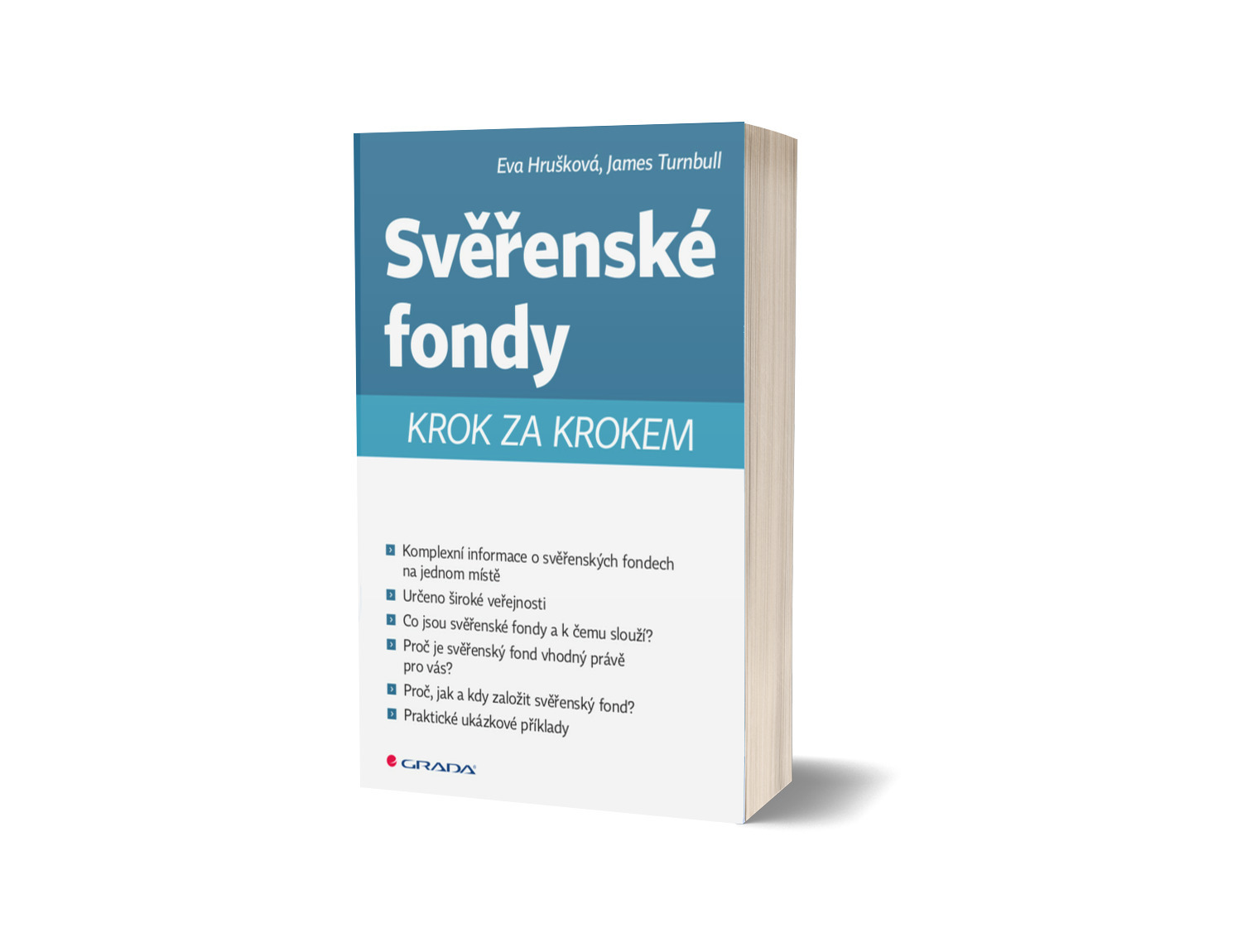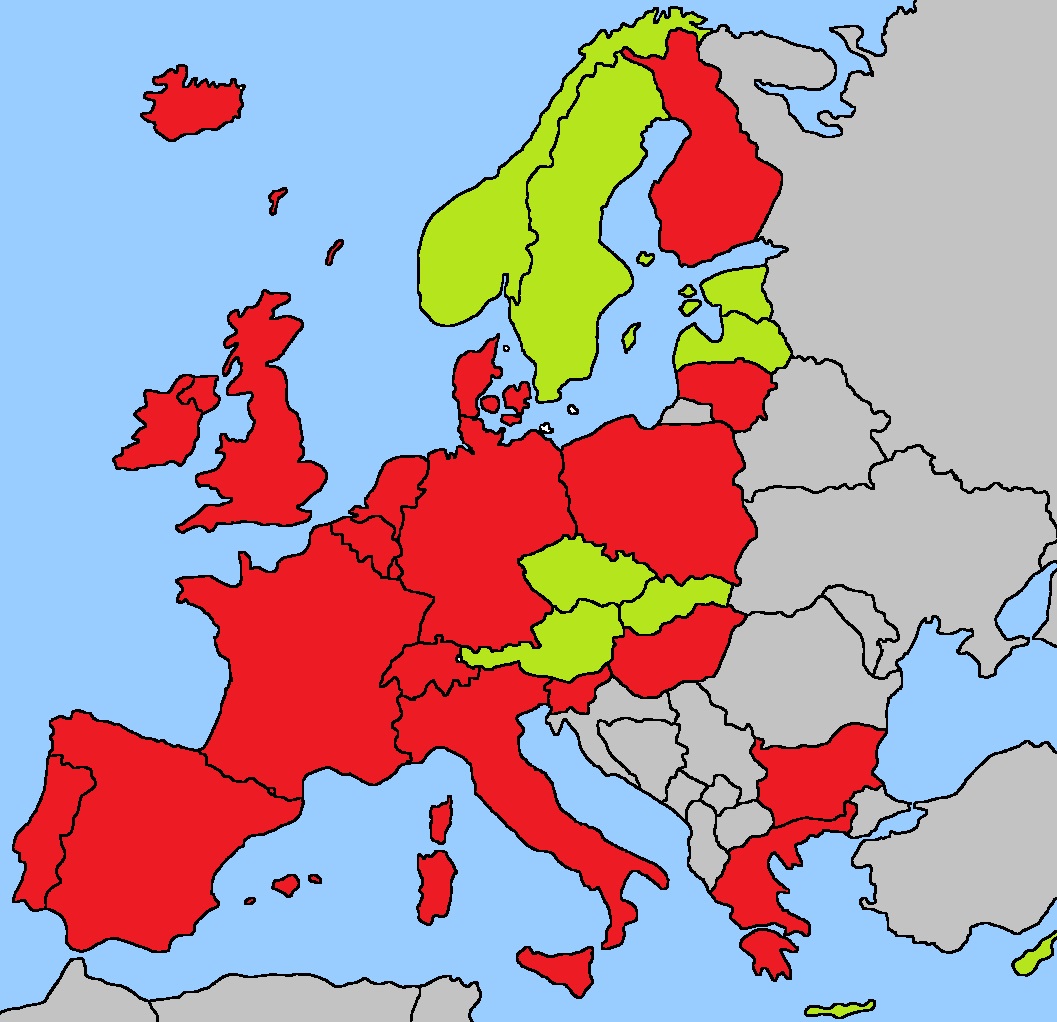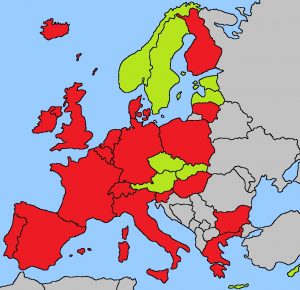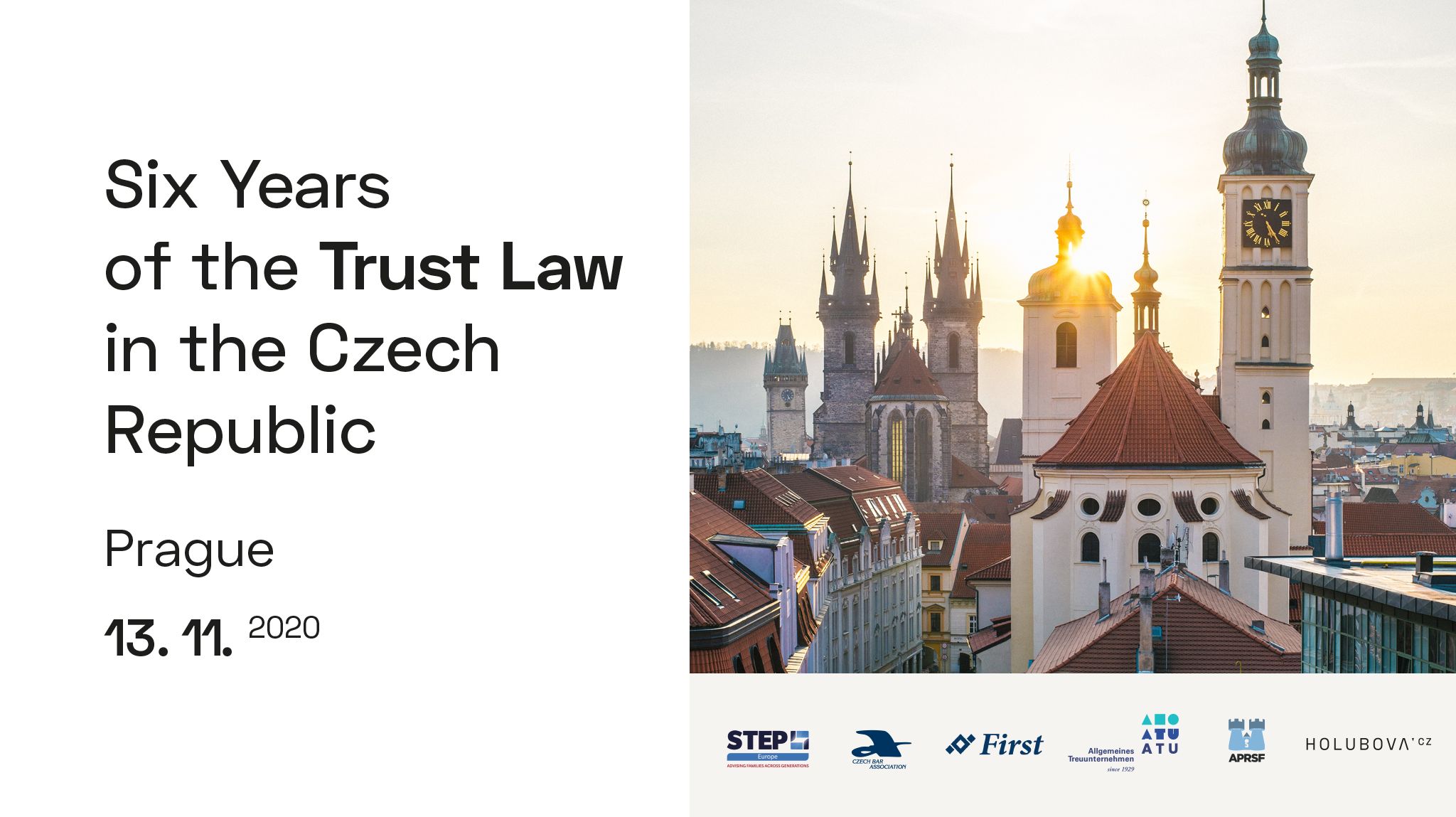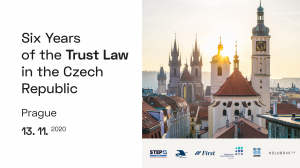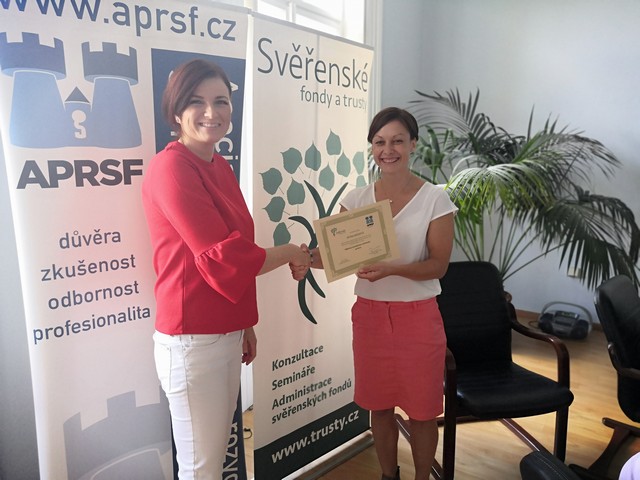People often ask us questions about confidentiality. Indeed, for some clients, confidentiality is one of the reasons for setting up a trust in the first place.
There are many reasons for seeking to keep your financial affairs confidential. Some of those reasons are good reasons, others not so good.
Whether a Czech Trust is going to achieve the level of confidentiality you want depends on who exactly it is that you are trying to keep your information confidential from and why.
In a nutshell, if you are trying to hide from the police or the tax department, a Czech Trust won’t work. On the other hand, if you are wanting to keep nosy neighbours and other prying eyes at bay, then a Czech Trust is a very effective tool.
In between these two extremes fall a number of other people who might be interested in what you are up to including creditors, business partners, banks, and other members of your family. The extent to which a Czech Trust will protect you from these people varies, and we’ll discuss this in more detail in this blog.
Depending on your objectives, an international trust can sometimes offer more confidentiality than a Czech Trust, and this can be one of the reasons you might prefer an international solution.
But first, let’s look at Czech Trusts, and how well they protect your confidentiality from various groups.
I want to hide from my nosey neighbours
This is a perfectly valid reason for setting up a trust and a perfectly valid expectation to have.
For many families, this is also important from the perspective of family security. If people can see you have money, then your family becomes a target for those who would like to take it from you. In some extreme cases, this can even amount to a physical threat to your family safety.
Indeed, your right to this kind of privacy is protected by both European and Czech law.
It is important when we look at the law to remember that almost all trusts are family (not business) relationships. This means that unlike companies, there is no public interest in full disclosure of all their details.
Indeed, if your trust is a family arrangement, then is it protected by Article 8 of the European Convention on Human Rights, which says:
Article 8 – Right to respect for private and family life
1. Everyone has the right to respect for his private and family life, his home and his correspondence.
2. There shall be no interference by a public authority with the exercise of this right except such as is in accordance with the law and is necessary in a democratic society in the interests of national security, public safety or the economic well-being of the country,
These rules are binding on the Czech State and can be enforced through the European Court of Human Rights in Strasbourg.
In the Czech Republic (as in some other states around the world), we have a Register of Trusts. However the Czech Register is consistent with the rules above.
That means that, while you are required to provide a lot of detail about your trust, only a very small amount of this data is visible to the general public.
Here is an example of an extract from the public register: (Click on the image to open the file):
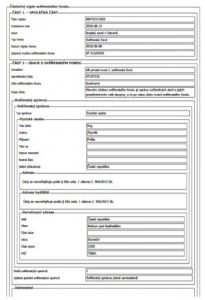
As you can see, there is not a lot of information here.
We can see the name of the trust, its identification number, the name and address of the trustee, a general statement of purpose and not much else – or at least not much else that’s interesting. In fact, it is public knowledge that the founder of this particular trust is Andrej Babiš, Prime Minister of the Czech Republic, but from looking at this extract it is not possible to see this.
So we cannot see is whose trust this is. We cannot see the name of the founder. We cannot see the names of the beneficiaries and perhaps most importantly we cannot see what assets are in the trust.
So your nosey neighbour is out of luck
A word of warning though, if the trust owns real estate or a shareholding in an s.r.o., the information above will also appear in the commercial register or the land register. The name of the founder and the beneficiaries will still be hidden, but your nosey neighbour might be able to figure out some things this way, especially if the previous owner of the house or the shares was you personally.
Still, on the whole, a pretty decent level of privacy which is good enough for most people.
I am a corrupt politician/ I am a criminal / I want to hide from the police and the tax department
Sorry, a Czech Trust is not going to help you.
The public can’t see much, but the police, the tax authorities and the other organs of the state can see pretty much everything.
And in any case, if any reputable provider of trust services finds out what you are up to they will not just refuse to do business with you, but in most cases will be under a legal obligation to report your activities to the authorities.
I want to hide from my potential business partners
Your potential business partners cannot see any more information than anyone else.
However, anyone who is interested in doing business with you can always ask you to provide them with a full extract from the register. A full extract contains more detailed information including details of the founder and the beneficiaries. Of course, there is no obligation on you to give this document to them. It’s your decision. But if you don’t provide this document, the business partner may decide not to do business with you. The same rules apply to banks. They will always ask for a full extract and in many cases also for copies of the trust statute and even the trust contract.
I want to hide from family members
This is an interesting one.
There are many valid reasons why you might not want other family members to know about your trust.
For example, it might be that you are worried that if someone discovers that they are a beneficiary of your trust that it might affect their life in a negative way. For example, they might alter their behaviour and spending patterns in anticipation of some future big gain from the trust.
Another problem is in the case of discretionary trusts. As a general rule, it is a good idea to make the group of potential recipients as wide as possible. Often that means that people are included in these groups who, in reality, have no actual prospect of ever getting money from the trust. Why should you have to tell them all about it?
One more example is the case of trusts set up for minor children who are in the custody of an ex-spouse. Often, we do not want the ex-spouse to know about the trust, but as the legal guardian of the children, how can we keep this information from him or her?
The answer is simple:
The relevant parts of the Civil Code are:
Section 1463
(1) Supervision over the administration of a trust is exercised by the founder and a person designated as the ultimate beneficiary, or by other persons if so determined by the by-laws.
Section 1465
(1) The trustee shall, without undue delay, deliver to the person with a statutory right to supervise the administration of the trust a notification in which he shall state at least the designation, purpose and duration of the trust and his name and address. The notification is not necessary if the person authorised to supervise is already aware of these facts.
(2) On the request of the person with the right to supervise the administration of the trust, the trustee shall allow the documents of the trust to be checked and submit to him the requested accounts, reports or other information.
This means that if the person in question is a beneficiary, then you have to tell them about the trust and, if they ask for it, you have to give then access to the trust minute book.
However, if that’s a problem, perhaps for the reasons above, it is easy enough to solve. Instead of making the person a beneficiary, you make them an eligible person instead.
If someone is an eligible person, you don’t need to give them any information at all about the trust or even inform them of its existence. They have no more right to anything than any other member of the general public.
Don’t forget though, that if you actually want to provide a benefit to one of these people, the trustees will have to appoint them as a beneficiary (and let them know about the trust) first.
I want to hide from my creditors
This is another interesting one. A lot of trusts are established to protect families against attacks in the future from creditors.
Does that mean that we have to tell them about the trust?
The short answer to the question is no. While there might be some situations under insolvency law where it would be dishonest or fraudulent to not tell a creditor, under trust law you have no obligation to tell them anything . . . but, there is a potential catch as we will explain.
Remember, the reason we set up the trust was to protect the family assets from attack. It is going to be pretty hard for the creditor to attack the trust if he doesn’t know about it!
If you are very clever in constructing your trust, you might be able to achieve this, but in reality, in most cases, it is going to be pretty obvious to creditors what you have done. That’s because you will have put things like your family home into the trust.
The creditor can simply look up your address on the land registry and notice that it is owned by a trust. Another big clue will be that the previous owner, before the trust, was you.
Of course, the creditor cannot see any more information about the trust than anyone else, and the fact that he knows about the trust does not help him to get at the money. He still needs to make a legal connection between the trust and you, and then go to court. If the trust has been properly set up, then the creditor will fail anyway.
But, if the creditor figures out you have a trust, can he then access detailed information about it?
The relevant clause here is from Act No. 304/2013 Coll., on the Public Registers of Legal and Natural Persons and on the Register of Trusts:
§ 65e
(3) Only the trustee or a person with legal interest in obtaining the full copy of a record or instrument . . . . . can obtain such a full copy. . .
Notice the words ‘legal interest’. Does a creditor or executor who is trying to recover money from you have a ‘legal interest’ in viewing all the details of your trust?
We don’t really know, because it is not clear what ‘legal interest’ means in this context and it is not defined anywhere in the Act. However, we think the answer is probably yes, a creditor does have a legal interest.
Notice that the section above only entitles the creditor to a full extract from the register of trusts. It does not extend as far as the rights of the beneficiaries and so the creditor probably doesn’t get access to the trust minute book. And of course, don’t forget that the creditor has to apply to the court to get this access in the first place.
Finally, remember that, even if a creditor does get access to the information on the register, in order to attack your trust, they still need to go to court and, if the trust has been correctly structured in the first place, they are unlikely to succeed.
What about Journalists?
The only approach for journalists would be to claim that they have a legal interest in the same way as creditors. This point is untested, but our feeling is that journalistic interest probably doesn’t qualify as a ‘legal interest’.
So in summary, Czech Trusts offer pretty good confidentiality for most people, or at least most people who are engaged in honest and legal activities on behalf of their families.


